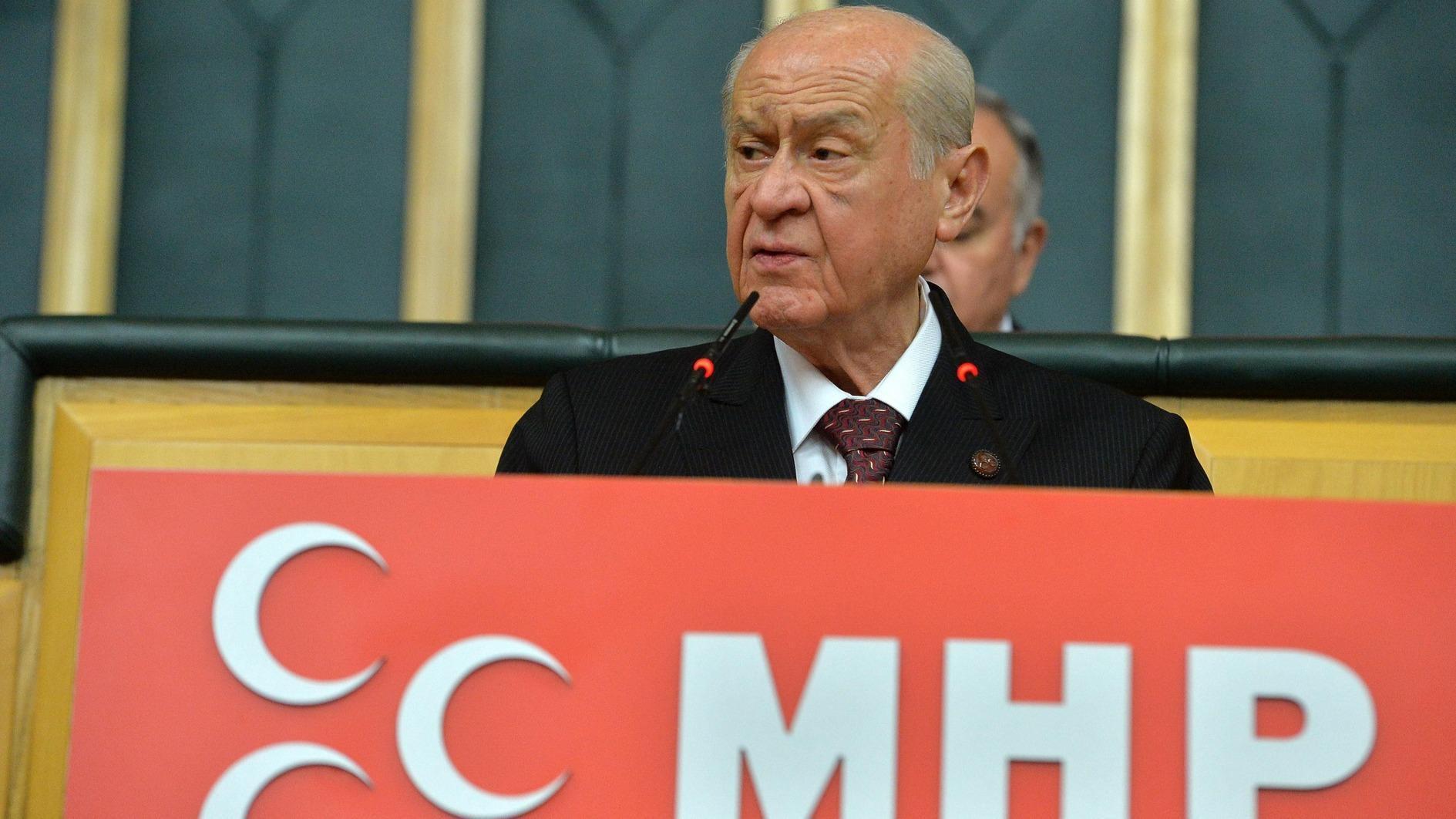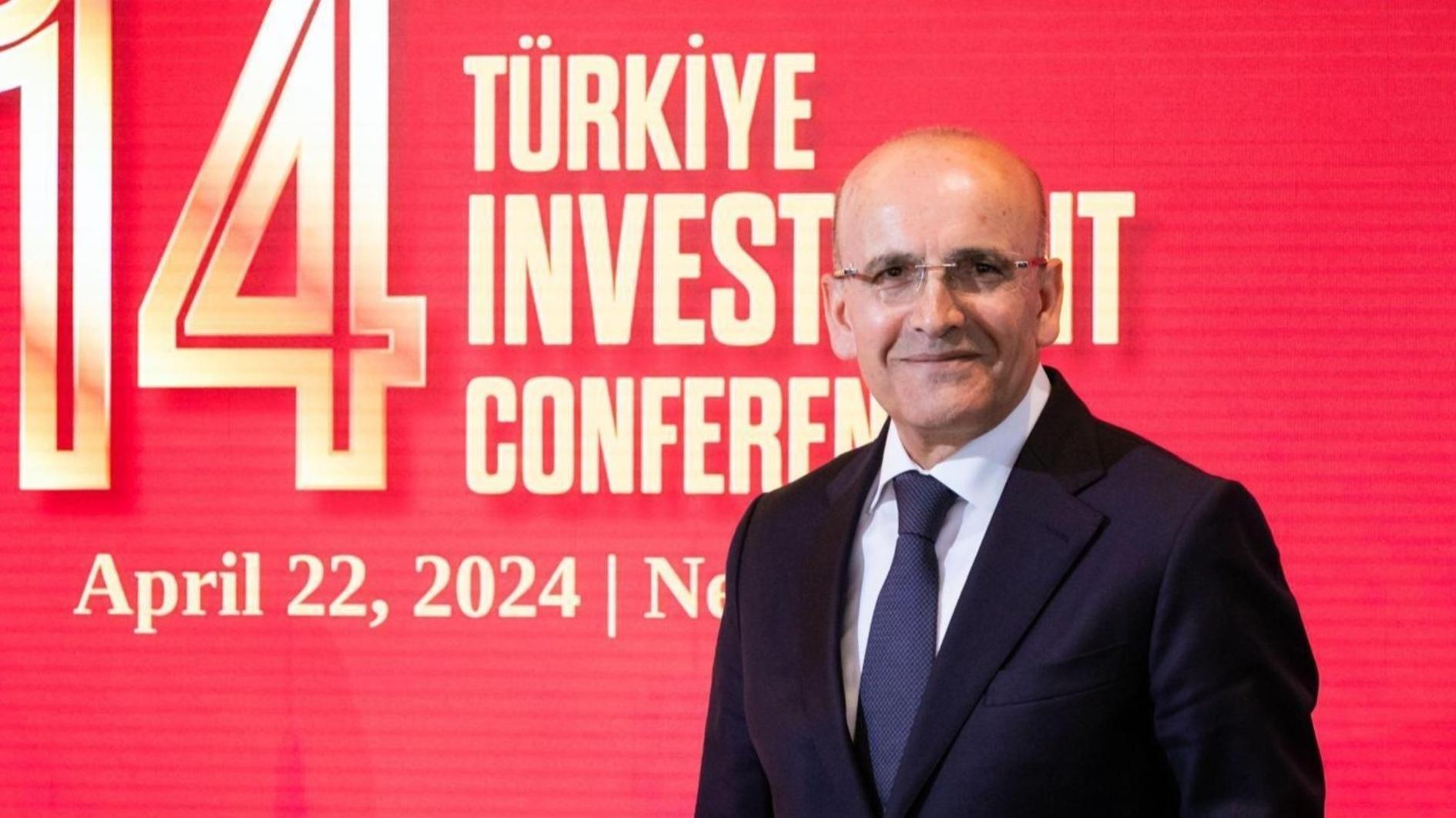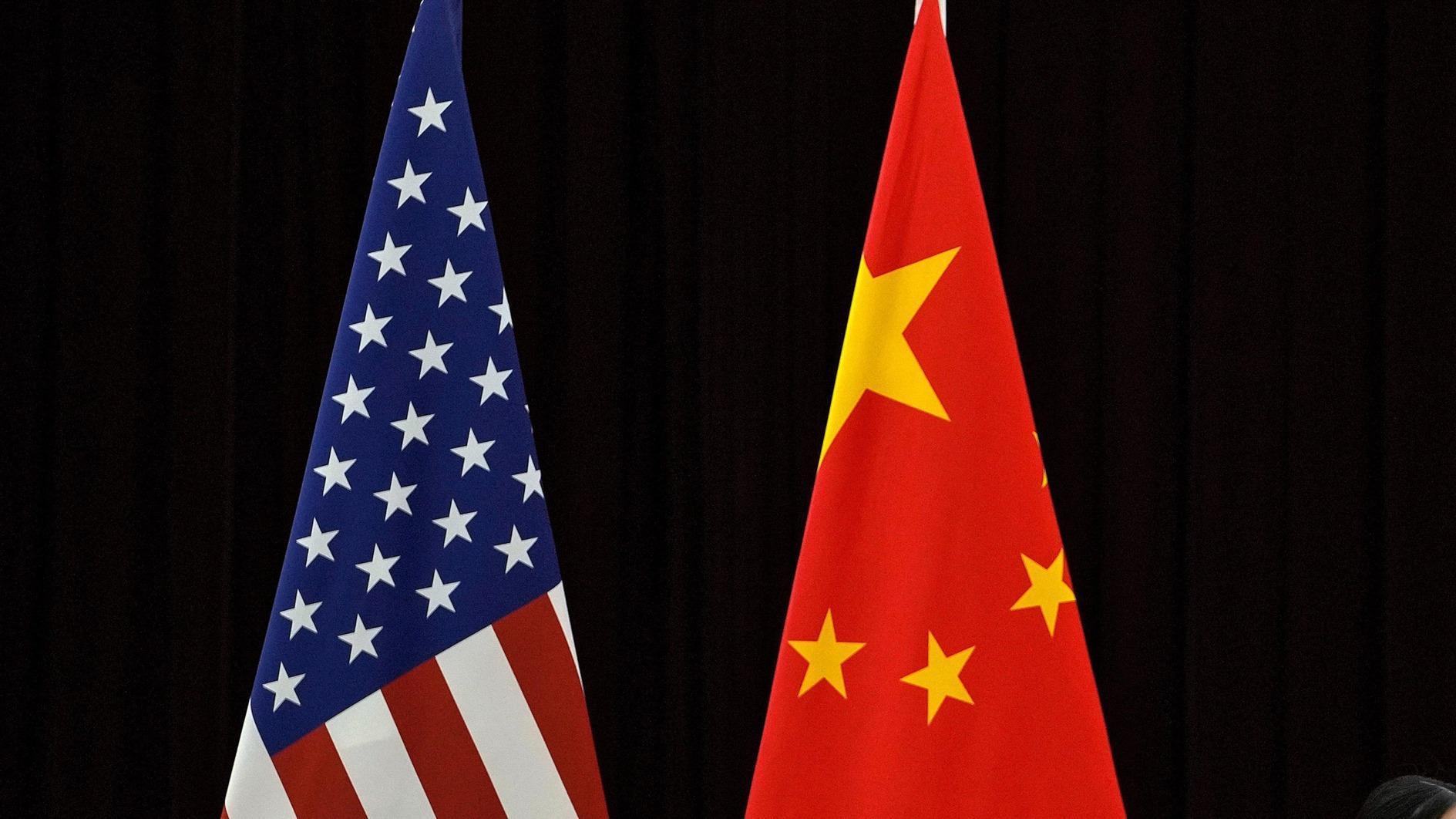Ankara calls on US not to break Turkish-Greek balance
Greek Foreign Minister Nikos Dendias’ visit to Ankara where he caused a verbal clash with his Turkish counterpart, Mevlüt Çavuşoğlu, remains on the agenda of the diplomatic circles. Being aware of the damage he brought on the newborn reconciliation process with Turkey, the Greek minister sought to repair it through an interview he gave to Greek media over the weekend.
In a bid to eliminate the negative perception created by the press conference, Dendias had to underline that his meetings with both President Recep Tayyip Erdoğan and Çavuşoğlu were positive. He also said, “… despite how the press conference was portrayed, I would like to believe that, as I said, this visit could serve as the first act in a gradual improvement of relations with Turkey.”
The top Greek diplomat also renewed his invitation to Çavuşoğlu to Athens, stressing this meeting “can also act toward preparing a meeting” between Prime Minister Kyriakos Mitsotakis and President Erdoğan.
After all, as stated by Çavuşoğlu a day after Dendias’ visit, Turkey is hoping to resolve its differences with Greece through dialogue. But this process will be determined by the Greek government’s behavior.
The interview with Dendias highlighted another worrying development for Ankara. He informed that Greece and the United States are negotiating on the renewal of the Mutual Defense Cooperation Agreement (MDCA) with plans to sign it before the end of this summer.
“I should also stress that beyond the technical details of renewing the deal, its importance lies in the strategic role the United States now attributes to Greece. And that is much bigger than many issues that will be included in the renewed agreement,” Dendias stated.
Although Dendias did not detail the content of the renewed agreement, it’s quite likely that it will further improve military cooperation between the two countries, a development Turkey has been following for some time. Some Turkish pundits argue that the U.S. is switching from Turkey to Greece as a regional military partner because of increased differences with Ankara.
According to the Greek media, along with its billions of dollars worth of military sales to Greece, the U.S. is planning to grant dozens of attack choppers and hundreds of armored tanks, etc.
The increased number of Greek-American military exercises, reports of the U.S. military deployment, and claims that the U.S. will build new bases in Greece are also frequently heard in Turkey.
This new trend between Athens and Washington is being observed in the Turkish capital. In a televised interview last week, Çavuşoğlu revealed that he raised this issue in his meeting with U.S. Secretary of State Anthony Blinken.
Expressing Turkey’s disturbance over the armament of the Greek army by the U.S., Çavuşoğlu said, “The U.S. has maintained a balanced relationship so far. I have told Blinken that the U.S. should continue this behavior.”
In a moment when the Turkish-American relationship is yet to be constructed, the latter’s armament of Greece and breaking decades-old Turkish-Greek balance will add to the long list of bilateral problems.











